How To Automate Your Business
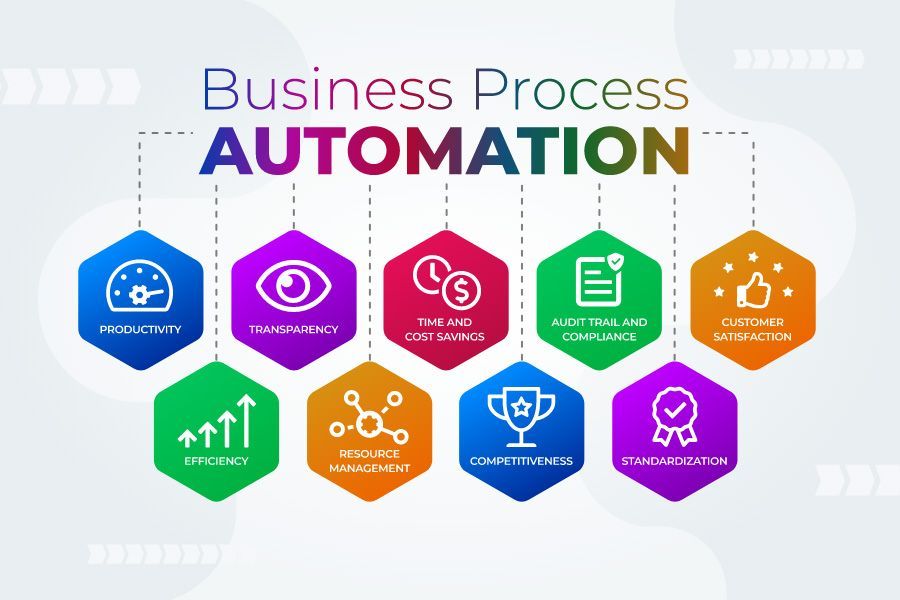
There will be a point in your certain business to grow your business efficiently and not time consuming. If you want to grow your company, you need to release your time and planning a new strategy. There is where you need a "business automation".
Business automation is a cycle of process repetitively that has an ecosystem inside the connection of workflow in each of the part of business. Automate your business is essential in this modern industry. In order to grow and develop new company, you need to let your business run automatically digitally. Not just by sub order in staff, but you need a system. By following the one system, there will be no hiccup in the flow of business process.
Embarking on the journey of launching a second company is both exciting and challenging. To ensure a smooth and successful venture, leveraging automation is key. Automation not only enhances efficiency but also frees up valuable time and resources that can be redirected towards strategic decision-making and business growth.
In this blog, we'll explore how you can automate various aspects of your business to lay the groundwork. How to make your business to run by automatically?
1. Streamlining Operations with Workflow Automation
One of the first steps in preparing for a second company is streamlining your existing operations. Workflow automation tools can help optimize routine tasks and processes, reducing the risk of bottlenecks and errors. Identify repetitive tasks in areas such as order processing, inventory management, and customer support, and implement automation to ensure a seamless workflow.
2. Implementing CRM for Customer Management
Customer relationship management (CRM) software is a valuable asset when managing multiple companies. It centralizes customer data, interactions, and feedback, allowing you to maintain strong relationships with clients. Automated CRM workflows can assist in lead nurturing, customer segmentation, and personalized communication, fostering loyalty and satisfaction.
3. Financial Automation for Accuracy and Compliance
Managing finances is a critical aspect of any business. Automate financial processes such as invoicing, expense tracking, and payroll to minimize errors and ensure compliance. Cloud-based accounting systems can provide real-time insights into your financial health, making it easier to manage the finances of both companies from a single dashboard.
4. Elevating Marketing Efforts with Automation
Marketing automation plays a pivotal role in promoting your businesses efficiently. Utilize tools for email marketing, social media scheduling, and content distribution. Automation allows you to plan and execute targeted campaigns, saving time and ensuring a consistent and engaging online presence for both companies.
5. Human Resources and Employee Onboarding
As you expand, managing human resources becomes more complex. Implement automated HR systems for tasks such as employee onboarding, attendance tracking, and performance reviews. This ensures a standardized and efficient process for welcoming new team members and managing personnel across both companies.
6. Inventory and Supply Chain Automation
If your businesses involve physical products, automating inventory and supply chain processes is crucial. Use inventory management software to track stock levels, automate reorder processes, and integrate with suppliers for a seamless supply chain. This ensures that both companies can maintain optimal stock levels without manual intervention.
7. Communication and Collaboration Tools
Efficient communication is vital, especially when managing multiple companies. Implement collaboration tools, project management software, and communication platforms that facilitate seamless interaction among teams. Automation in communication ensures that everyone is on the same page, irrespective of geographical locations.
8. Data Security and Compliance
With the increasing importance of data security and privacy, automate your cybersecurity measures. Implement regular backups, encryption protocols, and compliance checks to safeguard sensitive information. Automation in security measures ensures that both companies adhere to industry regulations and protect valuable data.

What is the automation business software that most company use?
There are several marketing automation software options available in the market, each with its unique features and strengths. When selecting a marketing automation tool to increase business productivity and save time, consider factors such as ease of use, scalability, integration capabilities, and the specific needs of your business. Here's a list of popular marketing automation software:
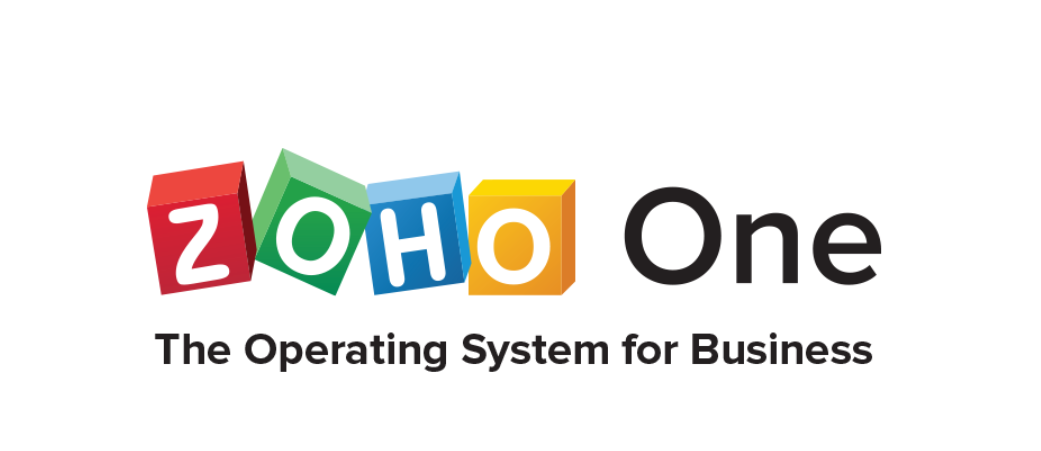
1. Zoho One
- Zoho One is part of the Zoho suite and provides automation capabilities for marketing campaigns.
- It includes features such as lead management, workflow automation, multichannel marketing, accounting, human resources, sales and marketing, and also CRM.
- Zoho One integrates seamlessly with other Zoho applications.
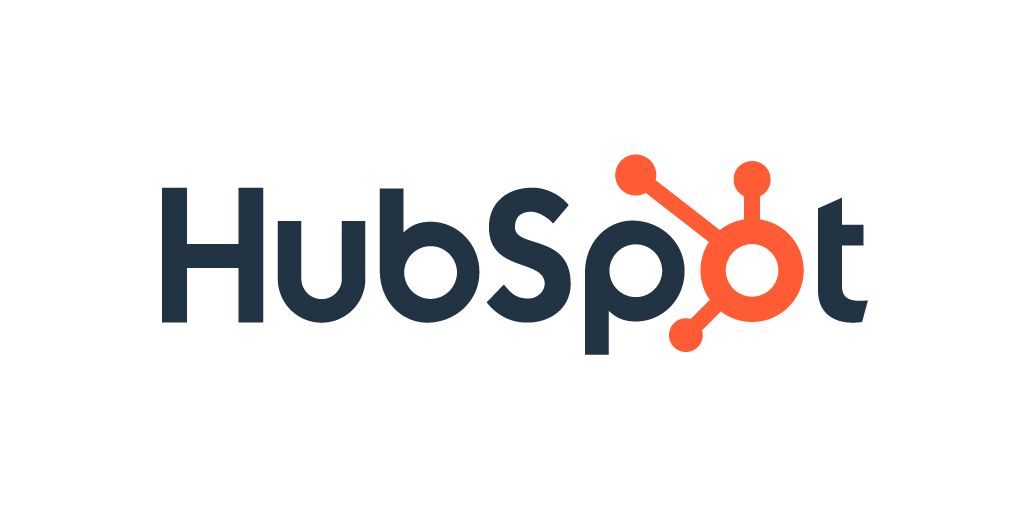
2. HubSpot
- HubSpot offers a comprehensive marketing automation platform that includes features like email marketing, lead nurturing, social media scheduling, and analytics.
- Its user-friendly interface is suitable for both beginners and experienced marketers.
- HubSpot also provides a free CRM (Customer Relationship Management) tool.

3. ActiveCampaign
- ActiveCampaign is known for its robust automation capabilities and intuitive user interface.
- It combines email marketing, automation, sales automation, and CRM features in a single platform.
- ActiveCampaign's automation builder allows for the creation of complex automation workflows.
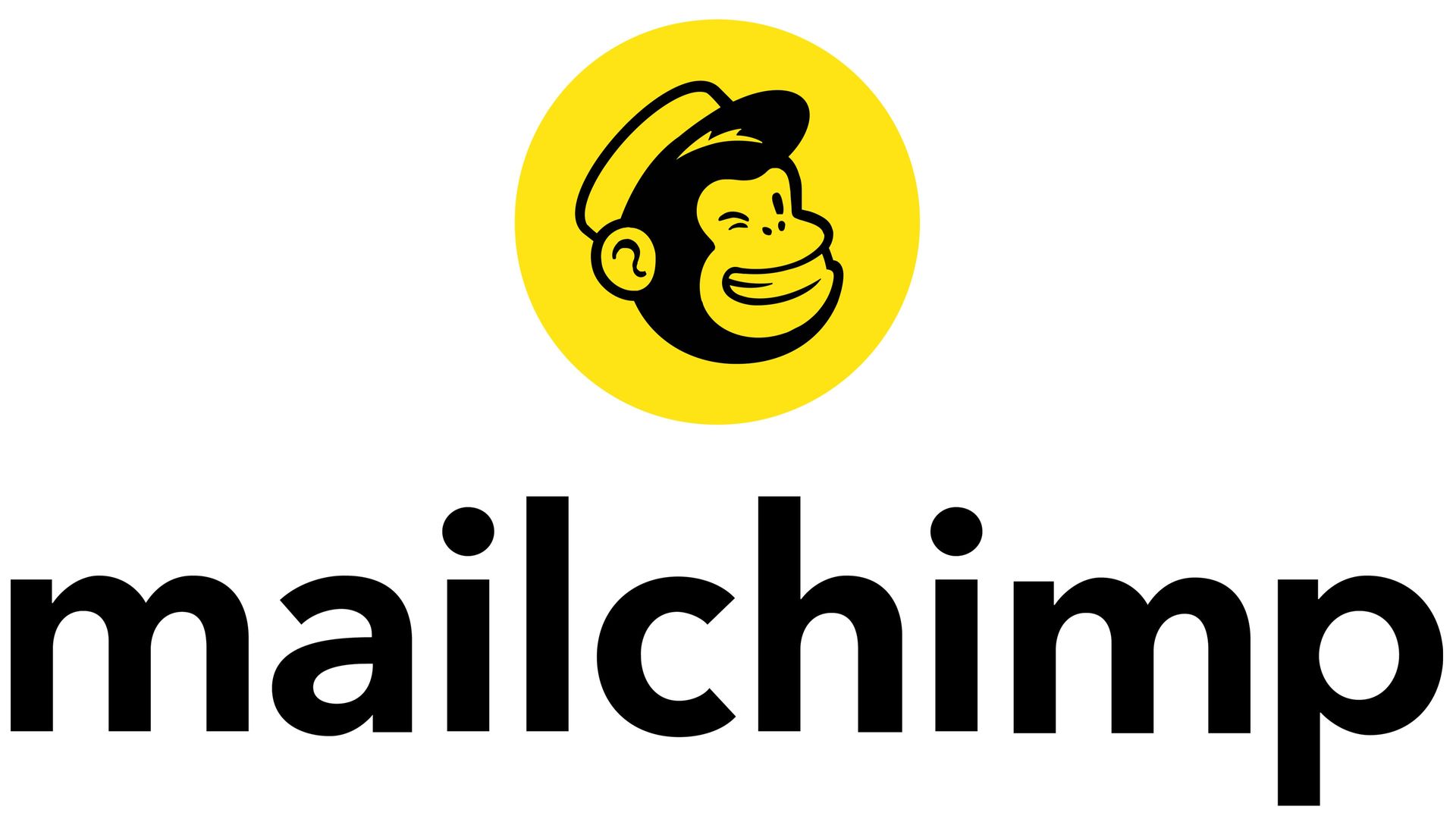
4. Mailchimp
- Mailchimp is a popular choice for small to medium-sized businesses, offering a user-friendly interface and a free plan for basic email marketing.
- It includes automation features such as drip campaigns, abandoned cart emails, and segmentation.
- Mailchimp also provides integration with various third-party applications.

5. Marketo
- Marketo, part of Adobe Experience Cloud, is a comprehensive marketing automation solution suitable for enterprise-level businesses.
- It provides advanced features such as lead management, account-based marketing, and analytics.
- Marketo is known for its scalability and customization options.
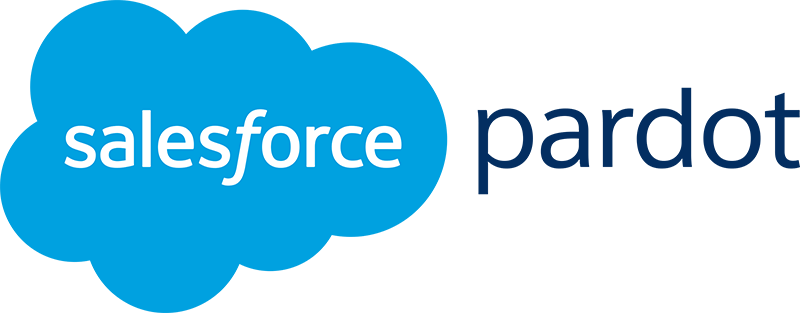
6. Pardot by Salesforce
- Pardot is Salesforce's marketing automation solution, designed for B2B businesses.
- It integrates seamlessly with Salesforce CRM, providing a unified platform for marketing and sales teams.
- Pardot offers features like lead scoring, email automation, and ROI reporting.
- Zoho One biggest competitors

7. Infusionsoft by Keap
- Infusionsoft, now part of Keap, is geared towards small businesses and offers a blend of CRM and marketing automation.
- It includes features such as contact management, lead scoring, and e-commerce capabilities.
- Infusionsoft aims to simplify the automation process for smaller businesses.

8. Drip
- Drip is an e-commerce-focused marketing automation platform suitable for online retailers.
- It offers personalized email campaigns, automation workflows, and detailed analytics.
- Drip's goal is to help businesses build stronger relationships with their customers through targeted communication.
Before making a decision, it's advisable to take advantage of free trials or demos offered by these platforms to assess which one aligns best with your business requirements and goals. Additionally, consider the level of support and training provided by the software to ensure a smooth implementation process.
Conclusion:
Automating your business processes is not just a convenience; it's a strategic necessity when launching a second company. By leveraging technology to streamline operations, manage finances, enhance marketing efforts, and improve overall efficiency, you position your businesses for sustained growth and success. As you embark on this exciting journey, let automation be the driving force that empowers you to navigate the complexities of managing multiple companies with confidence and ease.












